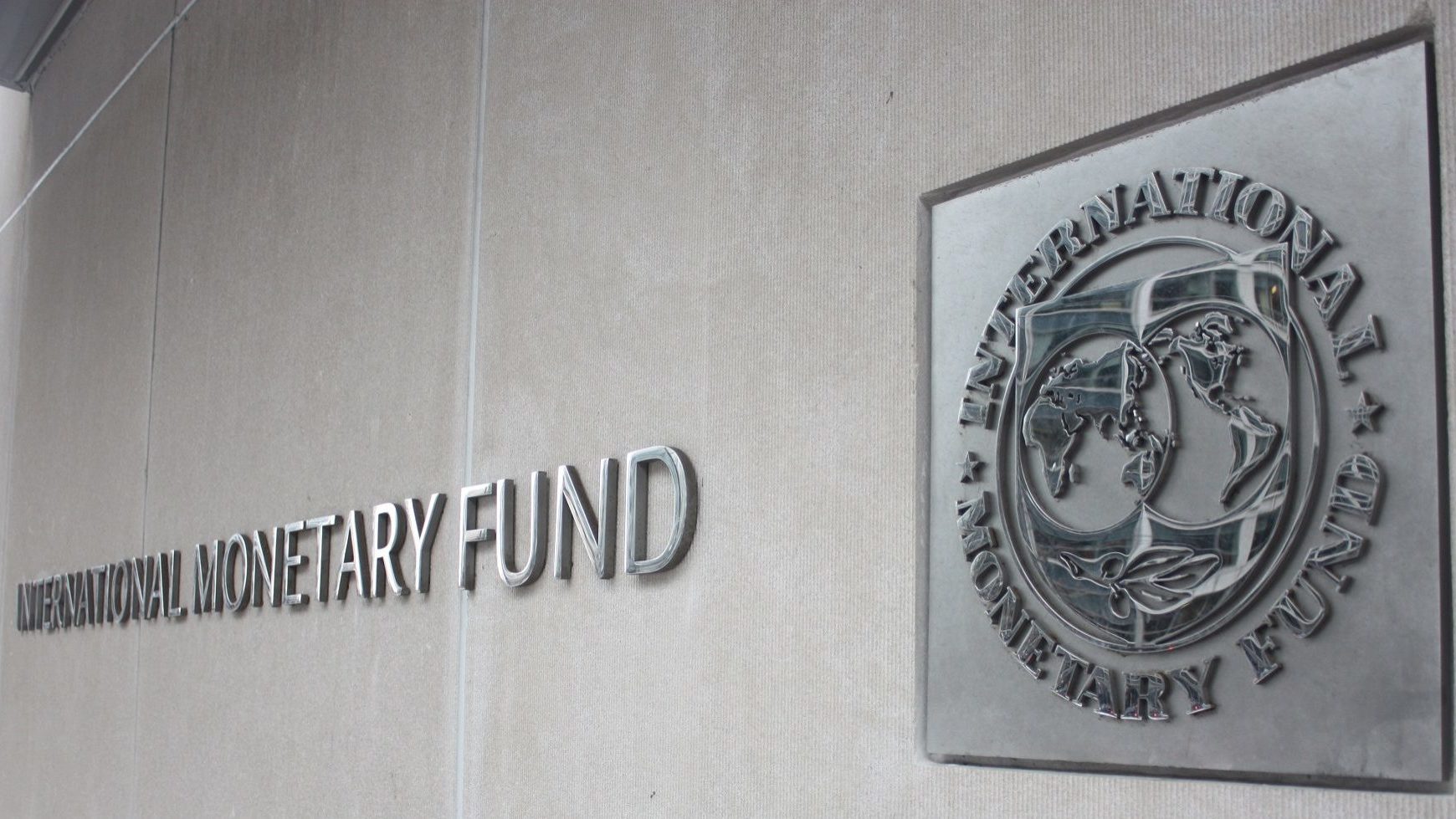Support measures for breaks in income during lockdown to be extended
The Minister of Labour, Ana Godinho, said on Tuesday that the Additional Support to Workers' Income (AERT) will be extended due to the second lockdown.
The Additional Support to Workers’ Income (AERT) will be extended to include situations with income losses recorded in the first quarter of this year, the Minister of Labour, Solidarity and Social Security announced on Tuesday in Parliament.
Minister Ana Mendes Godinho was speaking in parliament at a joint hearing with the Minister of Economy, Pedro Siza Vieira, on the economic and social response to the Covid-19 pandemic, held at the request of the Portuguese Social Democratic Party (PSD).
AERT support that came into force with the State Budget for 2021 (OE2021), will be changed “to extend and ensure that the calculation of the loss of turnover with reference to the first quarter of 2021 is already taken into account for coverage of workers.”
“We want to ensure that the breaks in income suffered in the lockdown in 2020/2021 will be taken into account to define the support and with payments with retroactive effect, to ensure that those who requested in January and saw their request not granted because there was no break in the last quarter of 2020 compared to 2019 are covered and also that those who have no activity in 2019 have a way to be covered,” said Ana Mendes Godinho.
AERT covers workers in a situation of economic deprivation and provides support between 50 euros and 501.16 euros, subject to a resource condition, in most situations.
During the hearing, the Minister also said that the Government is preparing a new mechanism to “simplify the instalment plans for the regularisation of debts to Social Security”, no longer requiring guarantees, but rather a “tacit deferment” so that there is a rapid response.
Ana Mendes Godinho also returned to make an assessment of the employment support measures under Covid-19, indicating that “as of today”, the data from January to March of the implementation of Social Security show that 951 million euros were paid in these three months.
“This means 59% more compared to the average monthly expenditure of 2020 with the extraordinary measures created under Covid-19,” she pointed out.


